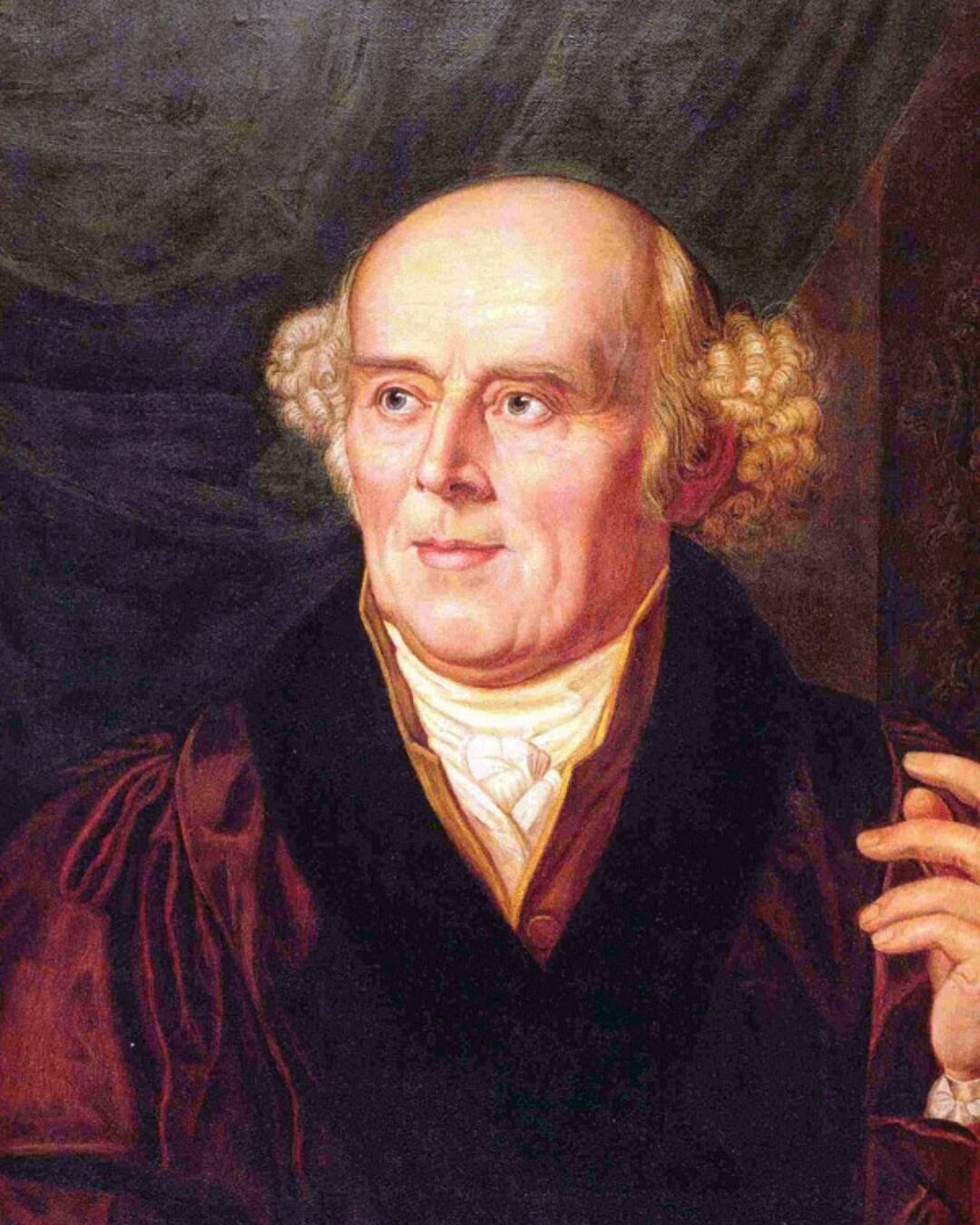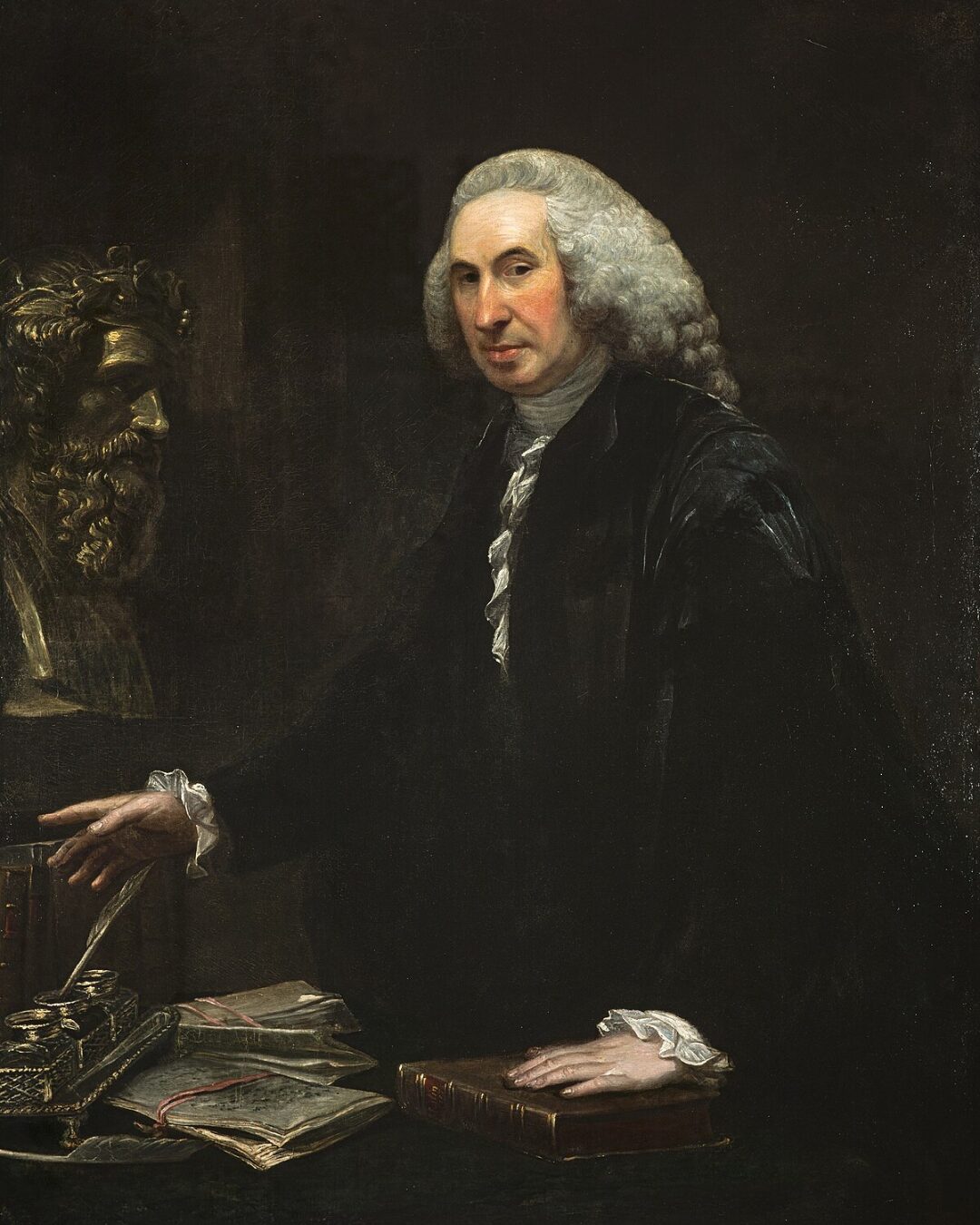Home » Why Homeopathy
Homeopathic principles have been developed for hundreds of years.
In the 16th century, a pioneer of pharmacology named Paracelsus claimed that “what makes a man ill also cures him!” Homeopaths believe that a chemical that causes a disease can also be used to treat it, based on the fundamental principle that “like cures like.”
Samuel Hahnemann, a German physician, developed and expanded the concepts of homeopathy. Ineffective methods like bloodletting and purging were part of mainstream medicine when Hahnemann initially coined the term for the field in 1807. Venice treacle was a complex mixture of 64 ingredients, which included myrrh and opium, as well as the flesh of vipers. It was one of the many mixtures used during that time.
Hahnemann suggested that using lower doses of individual medications would be more effective and less harmful than other methods. He believed that physical and spiritual factors could both contribute to illness and that this understanding of how living things work was important.
As Hahnemann translated a medical treatise written by William Cullen, he came up with the fundamental ideas of homeopathy. After reading about Cullen’s claim that ‘cinchona bark’ could treat malaria, Hahnemann decided to try some of the bark himself and see what happened. Hahnemann experienced symptoms like chills, fever, and joint discomfort, which are typical symptoms of malaria. The “Law of Similars,” which ancient physicians had suggested, was later promoted by him. According to this theory, healthy people who take medications experience symptoms that are comparable to those of the disorders they are meant to cure.



Homeopathic medicine offers various benefits for patients. It aims to treat the patient, not just the symptoms of a particular disease. By considering a person’s physical, mental, and emotional well-being, homeopathic treatments try to promote long-term health and balance. The medications used in homeopathy are made from natural ingredients. They are gentle, non-toxic, and have no side effects. Here are some of the benefits of homeopathic medications:

Corrects the root cause

Treats acute as well as chronic conditions

Safe and no side-effects

Individualized Medicine

Long-lasting Relief

Complementary Care Along Allopathy
We care for your wellness
Distance does not matter for cure
We are here for you whenever you need us
Explore nearby clinics and schedule your visit effortlessly.